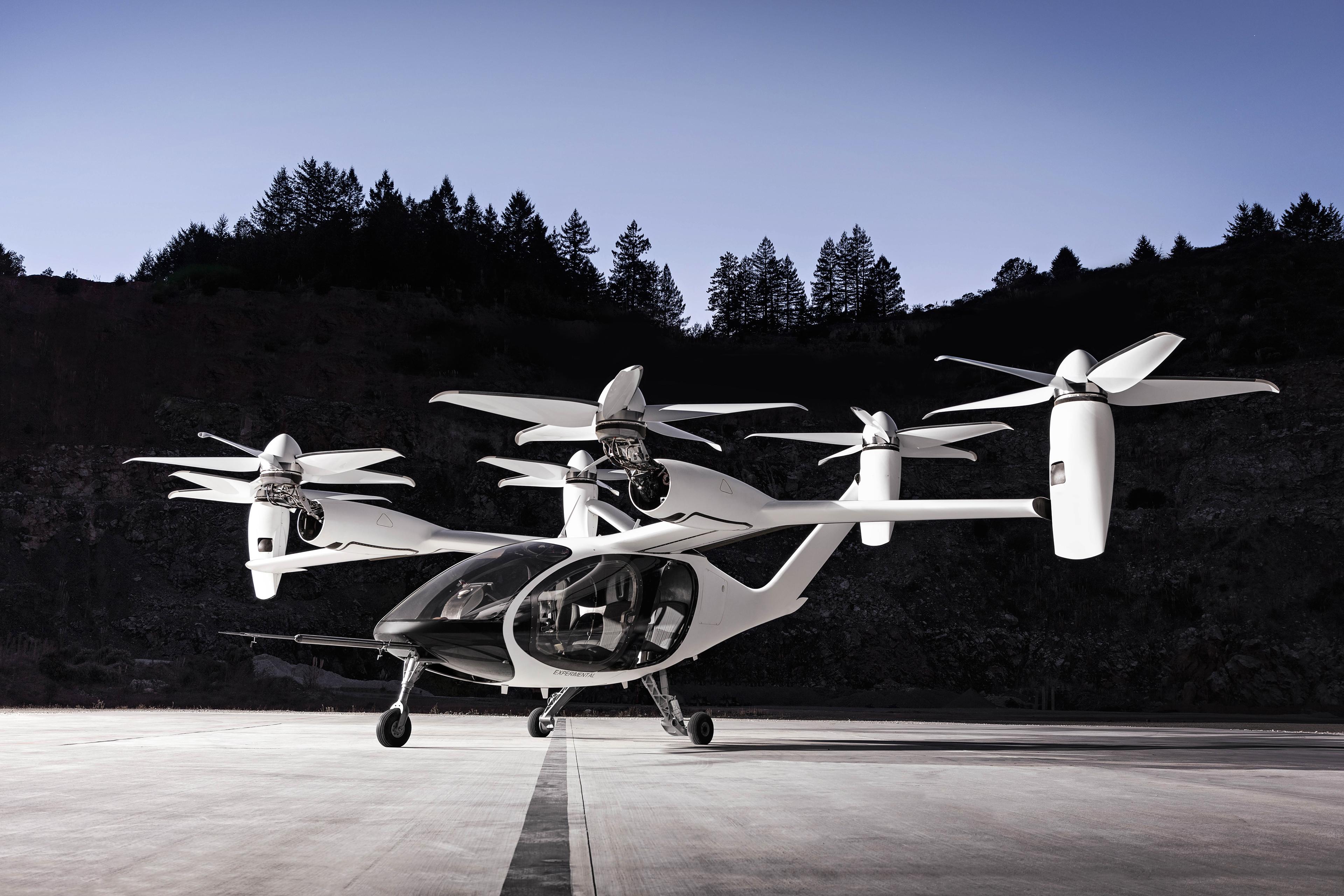
Japanese automaker Toyota has led a $590 million fundraising round at Joby Aviation, which makes the 10-year-old U.S. company the most well-funded startup in the emerging electric vertical-takeoff-and-landing (eVTOL) air taxi market.
Toyota Motor will contribute $394 million as lead investor in Joby’s Series C funding round. The world’s largest carmaker also will provide expertise in manufacturing, quality and cost control to support development and production of Joby’s tilt-prop eVTOL.
The latest round brings the funding raised by Santa Cruz, California-based Joby to $720 million. Toyota AI Ventures participated in a $100 million Series B round in February 2018 and again this time, along with prior investors including Intel Capital and JetBlue Technology Ventures.
Joby says the Series C round will fund it through to launch of a commercial air taxi service. In December, the company committed to producing and deploying air taxis to meet Uber Elevate’s timetable to launch commercial urban aerial ridesharing services by 2023.
Joby’s all-electric eVTOL is a piloted, five-seat vehicle with a cruise speed of 200 mph and a range of up to 150 mi. on a single battery charge. The aircraft has six tilting propellers: four in swiveling nacelles at the tips of the wing and V-tail and two in fixed nacelles on the wing.
System redundancy allows the eVTOL to fly with fewer than six propellers, with “ample reserve capacity” in the batteries to fly to an alternate landing site, says Joby. It can also perform conventional landings like a fixed-wing aircraft, the company says.
The aircraft is “100 times quieter than conventional aircraft during takeoff and landing,” the company says, without defining the decibel level or the aircraft against which the comparison is made. The eVTOL is “near-silent when flying over,” it says.
Founded in 2009, Joby says it settled on the configuration and began subscale testing in 2014, later conducting “hundreds” of full-scale test flights before beginning production prototype flight tests in 2017 and launching its certification program with the FAA in late 2018.

